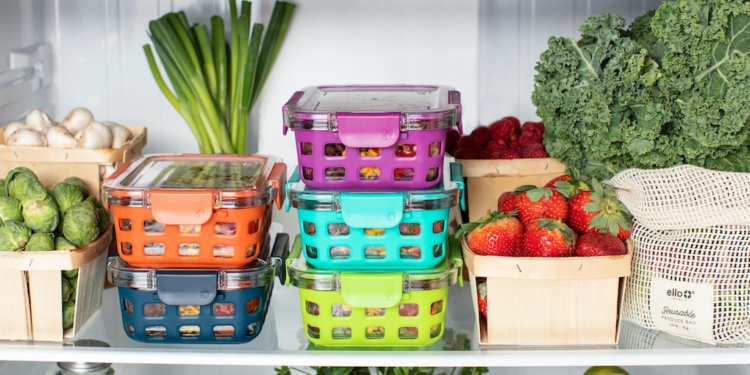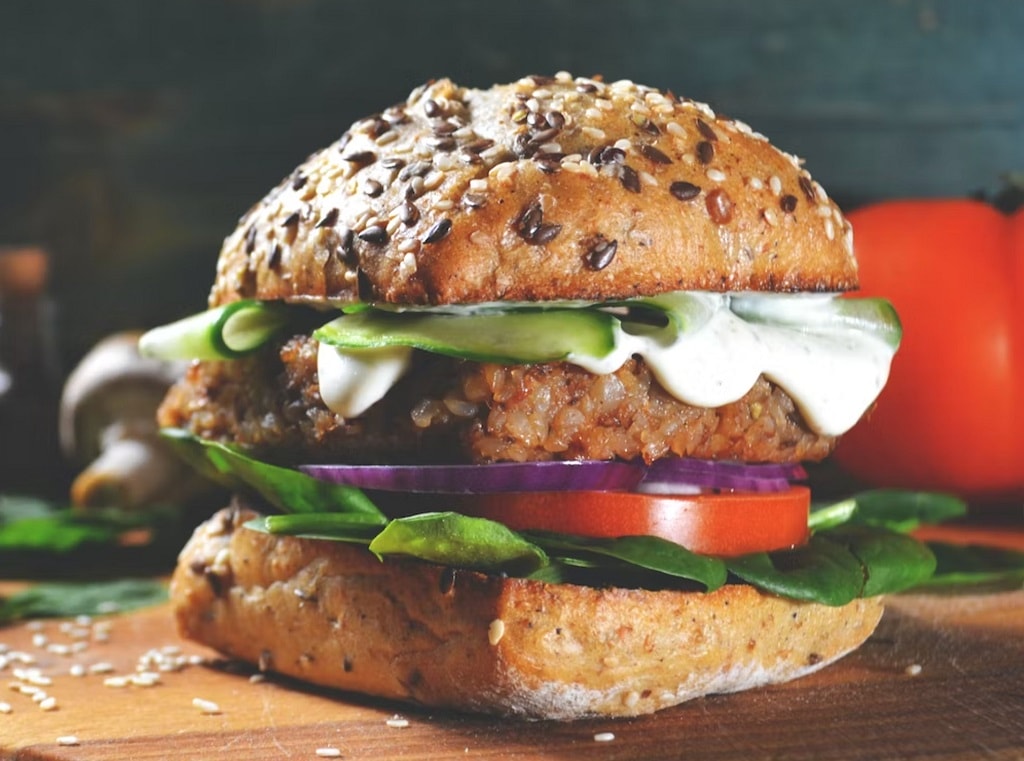There is no time better than the New Year to reflect on your previous habits and set intentions for the next twelve months to come.
If an eco friendly diet is added to your resolution list, here are some pointers:
-
Eat Locally
When food does not have to be transported very far, it emits less carbon and therefore increases its level of sustainability. By eating locally, you’ll be indirectly decreasing your demand for out-of-area food products.
-
Minimize Red Meat Intake
It takes enough water to fill 39 standard bathtubs to produce a single pound of beef. Minimizing your demand for red meat slows the industry’s growth and decreases its water wastefulness.
-
Minimize Dairy Intake
Big milk brands do not want you to know that cows are responsible for 4% of global greenhouse gas emissions. Less demand for dairy would decrease the need for so many cows.
-
Minimize White Meat Intake
Despite white meat requiring fewer resources, all meat production is wasteful of water and a great emitter of carbon dioxide. Consider practicing Meatless Mondays to decrease your consumer demand for animal products.
-
Eat Less Animal Products
Opting for a plant-based, eco friendly diet preserves natural resources and minimizes carbon emissions. Practicing veganism even once a week is a huge step toward a more sustainable future. Luckily, veganism is on the rise around the world. In 2022, there are about 8 million vegans, and the rate is growing exponentially.
-
Meal Prep
Preparing meals ahead of time allows you to shop smarter, eat sufficient portions, and waste less food. Not only is minimizing food waste eco-friendly, it’s also wallet-friendly! Meal prepping weekly will save you money while saving the environment.
Meal Prep Dinners For The Week pic.twitter.com/XomXQpc3PM
— BuzzFeed Food (@BuzzFeedFood) December 15, 2022
-
Utilize Farmers’ Markets
Farmers markets are a great source to purchase locally grown produce. Prices are sometimes even less expensive than chain grocery stores, but if you’re into any variety of plant based foods, you’ll find all you need in farmers’ markets.
-
Grow at Home
Got a green thumb? Eat from your own backyard! Growing fruits and vegetables in a personal garden is a huge money saver. Consequently, you’ll be decreasing your grocery store purchases which also limits food package waste.
-
Eat Raw Fruits and Veggies
Don’t cook it if you don’t need to. Some raw fruits and vegetables like broccoli, carrots, and cabbage contain more vitamins and nutrients than cooked. You’ll be eating healthier and will also be minimizing your use of gas or electricity.
-
Take Supplements
Taking daily supplements will balance nutrients that you are lacking in your diet and in turn, regulate hunger levels. Supplements can help to develop more consistent eating habits.
-
Drink More Water
Drinking more locally sourced water from a refillable water bottle will positively impact your health and combat the plastic crisis our environment currently faces. Purchasing single-use plastic water bottles are not only wasteful in its packaging, but nationwide transportation contributes greatly to carbon emissions.
Related Sources: The Vegan Transition | Seed Protein: A Win-Win for the Environment and Your Health?
-
Support Small Food Businesses
Grocery shopping at small markets or going to local restaurants instead of chains will benefit your regional economy. Additionally, small businesses have more control over their business operations and are more likely to be mindful of the environment during production, thus they’re the perfect go-to place for all those willing to start an eco friendly diet in 2023.
https://twitter.com/JamesMelville/status/1602947327970447365
-
Eat at Home
Eating at home instead of a restaurant is better for the environment as it promotes less waste and excess food demand. Try to cook at home more often than you go out to eat.
-
Potlucks
Encourage your friends to partake in a potluck dinner. Each person brings one dish for everyone to share. You’ll conserve money, be able to try new foods, and probably have leftovers! Don’t forget to bring reusable containers to take them home with you and reduce food waste.
-
Eat Seasonally
Eating what’s in season for your region will save you money and support locally-grown crops. Grocery stores often discount produce that is in season as there’s typically a product surplus. Include more seasonal produce in your diet to save money and eat timely.
-
Buy Less Packaged Goods
Less packaging means less waste. This preserves space in the landfill and will profoundly benefit the environment.
-
Compost
Composting with your produce results in healthier soil that retains moisture and nutrients, attracts beneficial organisms and reduces the need for chemicals and fertilizers. Starting a compost bin is as easy as it sounds; just dump the contents into your garden as needed.
-
Buy in Bulk
Buying certain food products in bulk can reduce package waste and sometimes save you money. Especially if you’re feeding a big family, bulking your purchases is often worth it.
-
Eat More Whole Foods
Natural and whole food is the touchstone of any eco friendly diet, not only it’s the healthier for your body, but healthier for the planet. Processed foods are often heavily packaged and the course of their creation is much more wasteful than Earth-grown produce.
-
Choose Seafood Carefully
Even seafood can be unsustainably farmed. Get familiar with the farming sources of our local fish market to be sure you’re eating safely and sustainably grown seafood.
-
Don’t Let Leftovers Go to Waste
Wasting food is about as unsustainable as it gets. Make sure no leftovers get left behind!
-
Prioritize Plant-Based Foods for your eco friendly diet
Try to make at least half of your plate plant-based. This small change can make a big difference if you’re consistent.
-
Research your local food share programs
Sometimes organizations, soup kitchens, and homeless shelters seek food donations. Before throwing anything away, research your local food share programs to see if it can be consumed by someone in need.
Editor’s Note: The opinions expressed here by Impakter.com columnists are their own, not those of Impakter.com. — In the Featured Photo: Refrigerator Food. Featured Photo Credit: Ello.














